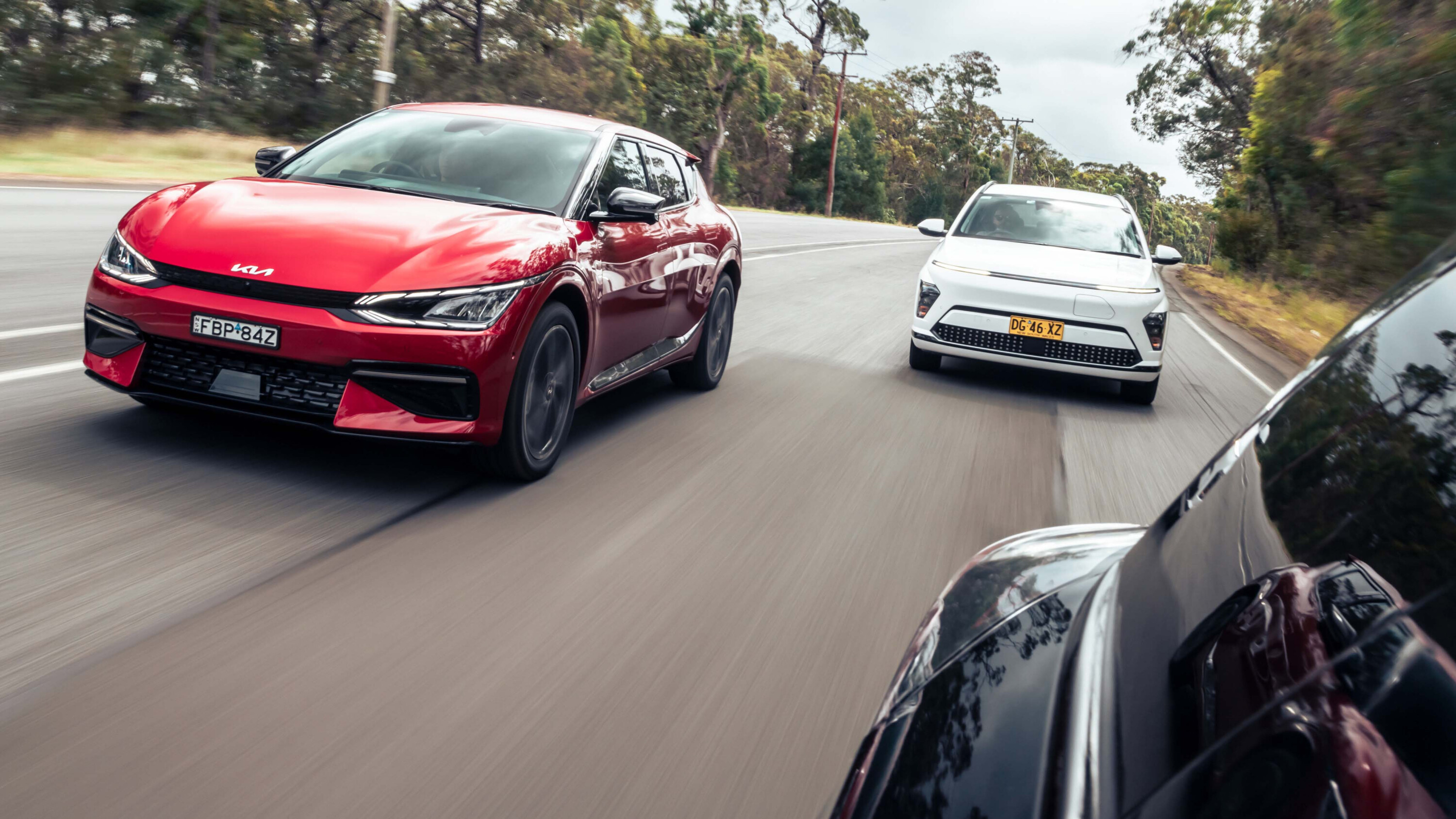Australia’s electric vehicle (EV) market has experienced notable developments in 2024, with industry body claiming sales surpassing 100,000 units by December, exceeding the previous year’s total of approximately 98,400 units. There’s more to the numbers than meets the eye though.
Snapshot
- EVC claims over 100,000 EVs sold in 2024, with this figure including plug-in hybrids
- Federal and state incentives, alongside growing model availability, support adoption
- Charging infrastructure now includes 900 DC fast-charging sites nationwide
- Battery electric vehicle sales stand at 82,690 YTD, with growth outstripping the general market
Monthly sales trends
In November 2024, combined EVC and FCAI figures show 6585 battery electric vehicles were sold, accounting for 6.5% of total new vehicle sales.
This represents a slight increase from October’s 6.4% share but a decrease from the 8646 units sold in November 2023.
Total EV says year-to-date, combining EVC-supplied figures for Polestar and Tesla (both brands having left the FCAI earlier this year (Tesla, Polestar)), come out to 101,707.
This also includes plug-in hybrid vehicles. Strip those from the numbers and sales stand at 82,690 vehicles. That’s still 2.8% up on last year in a market that overall grew by a mere 1.7%.
Electric Vehicle Council’s Head of Policy, Legal and Advocacy Aman Gaur said: “Despite ongoing cost-of-living pressures making it harder to purchase a new car upfront, EV sales have still outpaced previous years.
“EVs are becoming more affordable thanks to a variety of budget-friendly models, more competition across all vehicle types and government incentives.”
Model-specific performance
Tesla sold 2540 vehicles in November, a 74% increase from October but a 45% decline compared to November 2023.
Year-to-date Tesla sales stand at 34,754, down 20.9% from the previous year. The Model Y was the top-selling EV with 1,653 units, followed by the Model 3 with 887 units. In fact, every one of Tesla’s last 12 months figures in Australia were down on the year prior.
The BYD Seal recorded 360 sales, and the Atto 3 had 267 sales in November, marking the lowest monthly sales for BYD’s EVs this year. 
The MG4 secured 821 sales in November, benefiting from competitive pricing strategies. 
The new BMW iX1 recorded 198 units sold, while the outgoing iX3 held its own with 189 sales for November.
Volvo moved 164 examples of its new EX30, and Kia’s soon-to-be updated EV6 put 111 sales on the ledger.
Rounding out the top performers, the GWM Ora hatch showed 127 units sold, reflecting growing consumer interest.
Incentives and policies
Federal and state governments have implemented various incentives to promote EV adoption.
However, it is hard to say what specific role these have played in sales growth, as many surveys show more buyers are keen to make the leap to electric.
On a federal level, the Electric Car Discount removes import tariffs and fringe benefits tax on eligible EVs priced below the luxury car tax threshold of $89,332 for the 2023/24 financial year. 
State Programs
- Australian Capital Territory: Offers $15,000 interest-free loans, stamp duty exemptions, and two years of free registration for EVs. 
- Queensland: Provides discounted registration fees and the lowest vehicle registration duty rates for EVs. 
- South Australia: Ended its $3,000 EV rebate on 31 December 2023 but continues to offer free registration for three years on eligible EVs until 30 June 2025. 
- Tasmania: Exempted EVs from stamp duty until 2023 and offers zero-interest loans for EV charging infrastructure. 
- Victoria: Ceased its $3,000 EV subsidy in July 2023 and repealed its rebate and free stamp duty beginning 1 January 2024. 
- Western Australia: Continues to offer a $3,500 rebate for EV buyers, with a cap set at 10,000 cars. 
Charging infrastructure developments
The expansion of charging infrastructure in 2024 has been significant, with nearly 100 new DC fast-charging sites installed across Australia.
That number brings the total to around 900 DC fast-charging sites (50kW+), and 2100 fast (100kW+) and ultra-fast (350kW) charging plugs nationwide. 
Market outlook
The introduction of the New Vehicle Efficiency Standard in 2025, although not as strict as those of other markets, is expected to further drive EV adoption by increasing the availability of low- and zero-emissions vehicles and reducing their upfront costs.
The Electric Vehicle Council advocates for continued expansion of charging infrastructure, additional incentives to improve affordability, and regulatory updates to support the sector’s growth and job creation.






